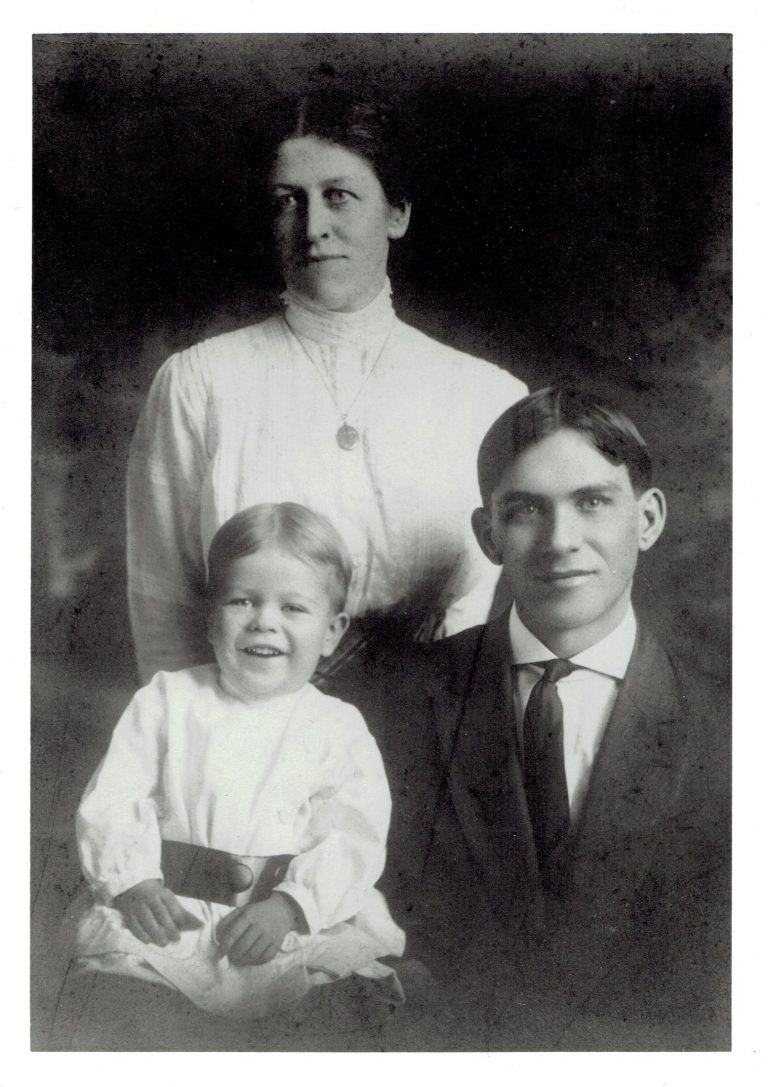A Different American Dream
As I wrote about back in February, I gave a TED talk on the premise of my forthcoming book. Well, that talk went live this week. And the book is going to be officially out next week. It’s one of those moments where the fruits of some long, arduous labors are manifesting. Big time.
Having just 10 minutes or so to summarize a subject I’d been thinking about, then reporting and writing on, for years was not easy, but a fabulous practice in paring down to the essence. In fact, I sort of wished I got the chance to write the book all over again after the Herculean exercise of writing the talk, and all the wisdom it afforded me about what mattered most.
One thing I got crystal clear on is this, “the new better off” — as I’ve come to call it — is about rejecting, or at the very least, examining some of our country’s most dearly-held defaults. Here are just a few that I have been holding up to the light and scrutinizing lately:
1.) Work hard and climb up the ladder if you want to be professionally successful.
The professional world, as we know it, is disintegrating and reconstituting itself in new forms on a daily, even hourly basis. The average person now moves jobs every 4.7 years, and it’s estimated that by 2020 nearly half of the American workforce will be freelance.
In the midst of all of this upheaval, the people who I’ve witnessed having the most success aren’t those who put their heads down and just grind. They are the people who look up and out, who make a wide variety of interesting friends, who cultivate a range of skills and passions. This makes them successful because they’re able to ride the waves of insecurity. Their network is, in a sense, their lifeboat.
2.) To be a leader, one has to be uncompromisingly focused on work.
We need to remake workplaces for the 21st century, where both women and men have the responsibility and privilege of being workers and caregivers. That means more flexibility and paid family leave, among much else. But we also need to reimagine what leadership looks like in the 21st century.
Max Schireson was hailed all over the Internet for his heartfelt resignation as CEO of MongoDB, a database vendor. In a nutshell, he said that he wanted a less demanding job because he wanted to be more present with his wife and three kids. He wrote:
I recognize that by writing this I may be disqualifying myself from some future CEO role. Will that cost me tens of millions of dollars someday? Maybe. Life is about choices. Right now, I choose to spend more time with my family and am confident that I can continue to have an [sic] meaningful and rewarding work life while doing so. At first, it seemed like a hard choice, but the more I have sat with the choice the more certain I am that it is the right choice.
I, too, loved his candor and boldness, but it got me thinking: why isn’t anyone talking about the fact that being a leader, as we’ve conceived of it in so many sectors, practically requires neglecting everything outside of work? Is it possible to be a CEO (or school principal or nonprofit director or any other overworked, highly visible leader of an organization) and value and prioritize caretaking? And if the answer is “no,” what does that say about the kinds of leaders we are cultivating in almost every one of our professional sectors?
Many people are rejecting that paradigm of leadership because they refuse to believe that doing great things in the big, wide world should require missing out on so much great time with children, partners, neighbors, and friends.
3.) Home ownership is the ultimate symbol of maturity and safety.
In fact, owning a home that you can’t afford is neither mature nor safe. It can be reckless to invest in a home if you are forced to take out a crappy mortgage to do so (as 5 million people learned during the Great Recession and its aftermath). And that recklessness actually makes you less safe, in the long run, because you’re contractually tied into something, potentially with a bank that doesn’t give a shit about you or general standards of financial fairness. The recklessness is so often not a matter of individual ignorance, but systemic failure. The ratio of debt to disposable personal income in U.S. households rose from 77 percent in 1990 to 127 percent at the end of 2007, much of this increase mortgage-related.
So what’s more safe? Fighting for consumer protection and fair housing policy, as Elizabeth Warren so bravely has, for starters. But also, on the individual level, we can look for housing that fits our financial profile and offers the genuine safety of interdependence. Like co-housing. Like multi-generational housing. Like NORCs.
We need to disentangle homeownership from maturity in our minds. Owning a home doesn’t necessarily mean you’ve made it. It means you’ve figured out how to get a mortgage, which doesn’t actually say anything about how evolved you are or the general quality of your life.
I’m curious, what defaults do you feel like you were once enthralled by but have since given up on? How is your life different, as a result?

